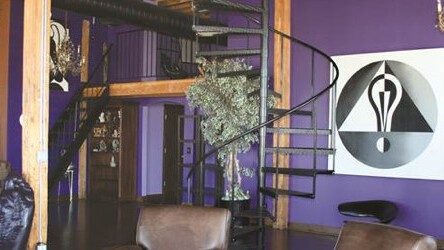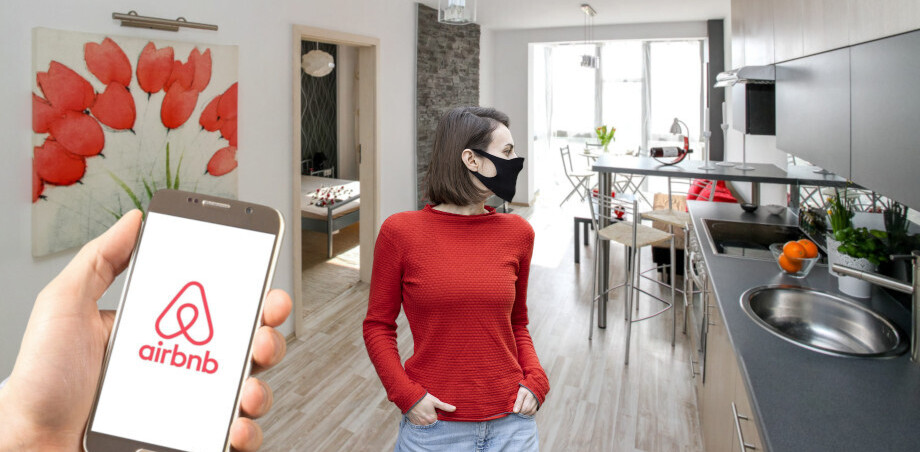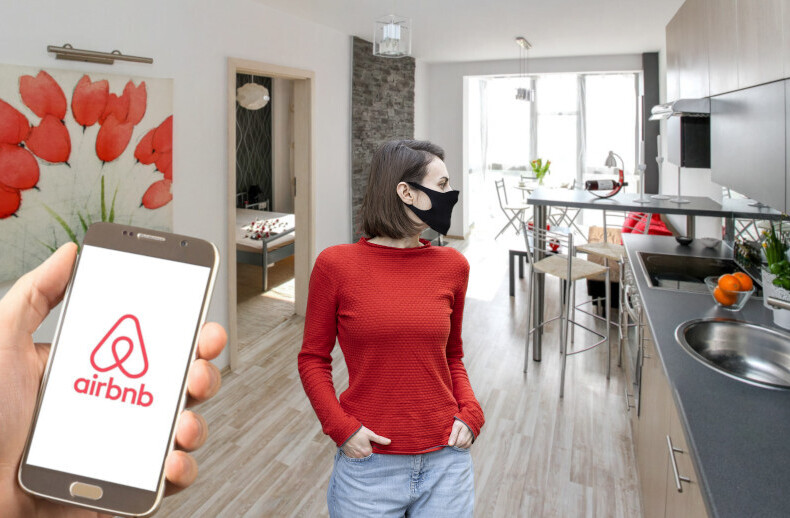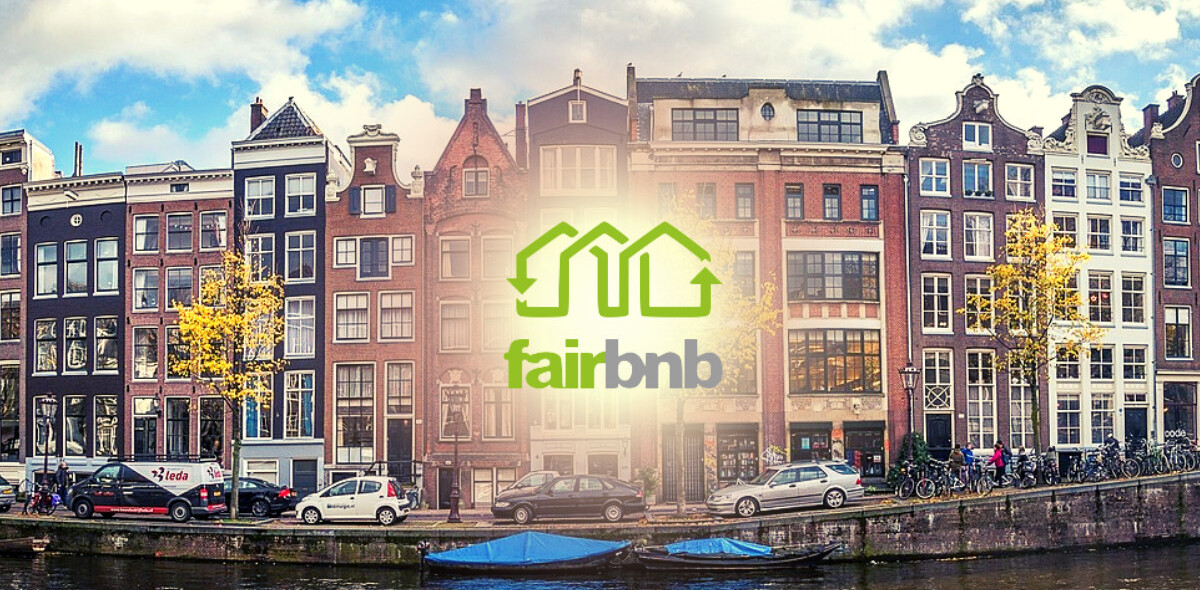
The Internet has shaken things up over the past few years. I dare say the ubiquity of the web has changed nearly every aspect of life as we know it. Two of the web’s most dramatic and arguably positive effects on humanity- the rise of the mobile workplace (aka the end of the 9-5 cubicle lifestyle) and the increasingly popular idea of a renter’s economy (Zipcar, Netflix, etc.) have given space to one of the sweetest apps I’ve seen in quite some time.
Have you ever found yourself running around midtown between meetings or working in a new city and looking for a place with WiFi, (other than Starbucks)? Enter LiquidSpace, the location based iPhone app that acts like an AirBnb for workspaces.
 The beautifully designed app lets you browse nearby spaces, read reviews, prices and reserve. Then use the app to arrange meetings, send invites or just show up, checkin and work. Workspaces can vary from pay by the hour conference rooms, empty desks in corporate offices, a swanky boardroom around the corner, a hip coworking space in Union Square to a boat deck with WiFI in the bay. The time and price structure will be pre-determined by the venue and all payments will be easy to handle within the app.
The beautifully designed app lets you browse nearby spaces, read reviews, prices and reserve. Then use the app to arrange meetings, send invites or just show up, checkin and work. Workspaces can vary from pay by the hour conference rooms, empty desks in corporate offices, a swanky boardroom around the corner, a hip coworking space in Union Square to a boat deck with WiFI in the bay. The time and price structure will be pre-determined by the venue and all payments will be easy to handle within the app.
According to a recent report, there are over 1 billion mobile workers in the world, and 110 million in the U.S. alone. And co-working spaces are on the rise, particularly in cities like San Francisco and New York City where startup culture is rich.
“The ethos for sharing progressive workspaces is alive and well, but until now it was a royal pain to mechanize that at scale,” says LiquidSpace’s CEO Mark Gilbreath. “Our app makes it effortless for both host and user. It equips mobile workers with a place to work and allows venue owners to improve the utilization of their assets.”
LiquidSpace’s architecture is built on the aspect of passports and visas. Each user gets a passport, which acts like a profile and includes recommendations from other users similar to AirBnB. Venues then issue a visa which extends permissions to specified users’ passports. Each venue can establish unique requirements before allowing users access to their spaces so the passport acts as a trust mechanism. Users will only be able to see the real time and permissioned availability of spaces nearby. LiquidSpace believes the future of work is about having choice and fitting the space to your needs, not the other way around.
The original work behind LiquidSpace began in 2008 amid the real estate crisis, when a vast amount of real estate became quickly available. If taken advantage of, the app would benefit a variety of Fortune 500 companies that have found themselves with old, half-empty offices on NYC’s 5th Avenue or Madison Ave. No airline could fly with 2/3 of the seats empty, but companies aren’t so lucky. Using the LiquidSpace app, they can now earn extra money off of their empty office space. And it’s a win for the environment: According to Gilbreath, commercial real estate accounts for greater than 60% of our carbon footsprint in the US.

Liquidspace is laser-focused on this problem of matching mobile workers with productive spaces in the moment they need it. And you see these people everyday. Heck, we are these people. Sitting at a coffee shop coveting the one available power outlet, sitting on the floor at a conference, racing into an airport lounge while on layover. It just doesn’t work.
-LiquidSpace CEO Mark Gilbreath
The app first launches this week in Austin, Texas from March 10th to March 16, 2011 and promises to be the startup darling of SXSWi this year. The team is setting up various pop-up workspaces like Art House, Copa, a few hotels, and local startup spaces around the city that users will be able to reserve. They’ll also have a “badass bus” driving around Austin for people to come inside and work.
After Austin, the Palo Alto based start will launch in San Francisco, CA. “We’ve identified a few categories of early adopters like co-working facilities, the office business center industry, aka executive suites, and hotels,” says Gilbreath. Last December, the 12 person team raised $1.3 million in funding from Reid Hoffman (Greylock Discovery Fund) and Mike Maples (Founder of Floodgate).
Watch a video of the app in action:
Looks sweet, right?
Get the TNW newsletter
Get the most important tech news in your inbox each week.






